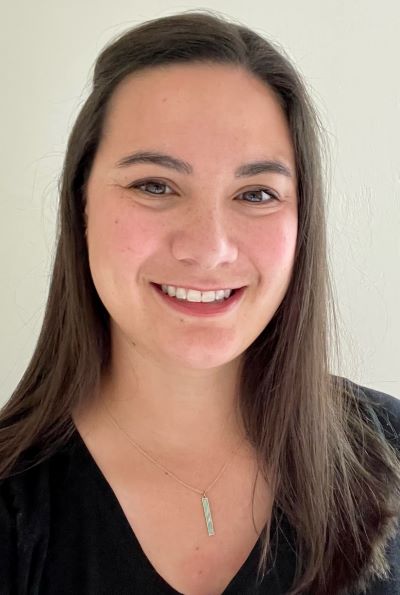Page 103 • (3,807 results in 0.027 seconds)
-
riparian vegetation once reigned have made seepage of fertilizers, sewage waste and gasoline, among other pollutants easy, which can kill fish and pets, and produce algal blooms that choke out native vegetation. Visible pollution, or litter can be found along the creek’s shores as well, a much more obvious manifestation of the negative effects of development. We are students in the Environmental Studies 350 class at PLU, which for the last 28 years has been dedicated to studying Clover Creek and its
-

, professional studies and civic engagement—to their undergraduate students. And while voters, shareholders and governing boards continue to affirm leaders with robust multi-sector knowledge and a track record of civic engagement, far too many universities are trending in the opposite direction, decreasing their emphasis on general education and interdisciplinary studies, and creating fast track curriculums focused solely on a highly specialized degree.Simply put, a college curriculum that is not open to
-
Strategic Planning President’s Message Core Values and Mission Vision Identity and Messaging Environment and Well-being Innovation and Change Resources and Stewardship Interconnected Academic Identity Statement Diversity & Inclusion Innovation & Change Strategic Enrollment Management X Facebook Instagram LinkedIn Pacific Lutheran University Strategic Planning Allan Belton, President A PLU education—distinguished for its seamless integration of the liberal arts, professional studies, and civic
-
MissionThe mission of the Master’s in Social Work Program at Pacific Lutheran University is to prepare skilled, ethical, professional service-oriented leaders and change agents who work toward just, equitable, and empowerment-based service provision, policies, and systems on local and global levels. The program emphasizes critical consciousness, critical thinking, scientific inquiry, anti-racist, and anti-oppressive theories and methods to promote social, economic, and environmental justice and advance
-
education settings. The School of Nursing believes that applying principles of Just Culture to the educational milieu will: Promote a culture of safety Demonstrate the School of Nursing’s commitment to patient safety initiatives Raise the level of transparency regarding clinical errors or near-misses Improve patient safety Understand how aggregate data from near-miss analyses are used to direct attention to critical safety issues for ongoing program improvement
-

Kristina Kenning, MSN, RN Clinical Instructor of Nursing Email: kristina.kenning@plu.edu Professional Biography Education Masters, Nursing, University of St. Mary's , 2019 Bachelor, Nursing, Creighton University, 2011 Bachelors , Biology, Creighton University, 2010 Areas of Emphasis or Expertise Teaching and Learning Theory Critical Thinking Development Pathophysiology Currently Teaching: Chronic Conditions, Clinical Lead Biography I am originally from Missoula Montana and have been a nurse for
Contact Information -
curriculum, and faculty priorities. Departmental Mission: The mission of the Political Science Department is to provide students an educational experience that fosters critical, independent, thoughtful inquiry, and a commitment to service and leadership with regards to politics and public life. Specifically, our major offers courses and experiences designed to equip students with an understanding of political concepts, the knowledge of political institutions and functions of political systems, and the
-
Maria Theresa Carrington, MSW, LICSW, CST Visiting Instructor and Director, MSW & BSW Practicum Programs Full Profile she/her/hers 253-535-7859 carrington@plu.edu I love teaching PLU students because it gives me the unique opportunity to witness the next generation of social workers. I am deeply enthusiastic about nurturing their compassion, fostering critical thinking, and equipping them with the tools to create positive, meaningful change. More
-
rights. He studied what the Nazis were doing and compiled material into a book, Axis Rule in Occupied Europe. It this book on occupation, Lemkin created a new word to describe what he termed “the crime with no name.” The word he made was genocide. “Genocide” is derived from the Greek word :”genos” (race, clan) and the Latin suffix “cide” (killing). He defined genocide as a state sponsored, coordinated attempt to annihilate a national group of people. Lemkin was so dedicated to preventing further
-
rights. He studied what the Nazis were doing and compiled material into a book, Axis Rule in Occupied Europe. It this book on occupation, Lemkin created a new word to describe what he termed “the crime with no name.” The word he made was genocide. “Genocide” is derived from the Greek word :”genos” (race, clan) and the Latin suffix “cide” (killing). He defined genocide as a state sponsored, coordinated attempt to annihilate a national group of people. Lemkin was so dedicated to preventing further
Do you have any feedback for us? If so, feel free to use our Feedback Form.


